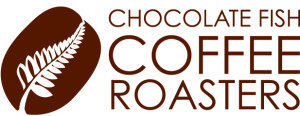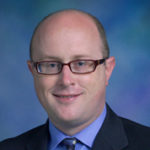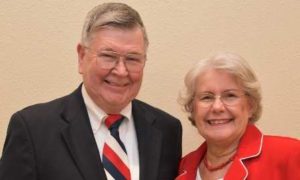We are pleased to announce that our 3rd Annual Flavors of Chemistry will be occurring on Saturday September 30th at the UC Davis Activities and Recreation Center, the same location as last year) from 1-5pm. Click on the link below to order tickets:
Tentative Schedule:
1-1:45pm Registration and Coffee Tasting
 The coffee tasting will feature Chocolate Fish Roastery’s well-known nitro brew tasted with a cold brewed coffee- both using coffee beans of the same origin and roast to emphasize the taste difference acquired through the nitro brew process. Pastries also served.
The coffee tasting will feature Chocolate Fish Roastery’s well-known nitro brew tasted with a cold brewed coffee- both using coffee beans of the same origin and roast to emphasize the taste difference acquired through the nitro brew process. Pastries also served.
1:45-2:15pm ACS Sacramento Section Awards
2:15-3pm Prof. William Ristenpart, Director of the UC Davis Coffee Center. Title: “Using Chemistry to Brew the Perfect Cup of Coffee”
3-3:15pm Break
3:15-4pm Dr. Selina Wang, Research Director of the UC Davis Olive Oil Center. Title: “The Present and Future of Olive Oil Research.” Her presentation will feature an olive oil tasting integrated into her talk. (summary below)
4-4:15pm Break
4:15-5pm Dr. Howard and Sally Peters, aka Mr. and Mrs. Chocolate. Title: “Chocolate: Food of the Gods”. Their presentation will feature a tasting of four types of Scharffen Berger chocolate integrated into their talk.
Summary of Talks and Bios:
Bio: Dr. Ristenpart is the director of the UC Davis Coffee Center, and co-instructor of The Design of Coffee course, a UC Davis general education course that teaches roughly 1500 students per year about the basics of thinking like an engineer while brewing the best cup of coffee. He is passionate about his coffee. His research is in complex fluids, with an emphasis on using advanced high-speed video techniques to extract quantitative measurements from complicated phenomena. His group strives to answer fundamental scientific questions about a variety of systems where the transport behavior is paramount. Recent topics include: electrocoalescence of charged droplets, shear-induced deformation of red blood cells, and electrically-induced aggregation of food colloids.
 Dr. Wang: The Present and Future of Olive Oil Research”
Dr. Wang: The Present and Future of Olive Oil Research”
Summary: Olive oil is one of the most valuable edible oils. As many consumers identify olive oil as a source of healthy fats with pleasant flavors, the demand for olive oil is increasingly around the world and rapidly in many of the non-producing countries. Although it is one of the most studied oils, many aspects are still unknown. In this seminar, we will cover the present and future research of olive oil in four areas: olive growing, processing and byproducts; chemical and sensory quality; authenticity and traceability; and health and nutrition.
Bio: Dr. Wang is the research director of the Olive Center and a faculty at the Department of Food Science and Technology at UC Davis. She has a PhD in Organic Chemistry from UC Davis and led the olive centers 2010 and 2011 studies evaluating the quality of extra virgin olive oil in supermarkets, which received worldwide attention. Dr. Wang has developed more than 80 research projects in table olives and olive oil, ranging from international standards, best practices for harvesting/processing/storage, to byproduct management and health effects.
Bio:Howard Peters, Ph.D., earned his bachelors degree in chemistry at Geneva College in Beaver Falls, Pennsylvania, and his doctorate at Stanford University. He received his law degree from Santa Clara University in California. As a chemist, he led research projects on volatile anesthetics, organic fluorine compounds, herbicides and high explosives. Following his career in the lab (becoming a co-inventor on seven U.S. patents), he was a patent attorney in Silicon Valley for more than 30 years. He has been an ACS member for more than 50 years and a member of the ACS Council for 30 years. He served on the Societys Board of Directors from 2005 to 2007.
Sally Peters also earned her bachelors degree in chemistry at Geneva College and received a masters degree in library and information science from San Jose State University. She was an information specialist at Xerox PARC in Palo Alto, California, for more than 28 years. Earlier in her career, she conducted virus research at Stanford under the direction of Hubert Loring, Ph.D., the chemist who first crystallized the polio virus, which was later used by Jonas Salk to create the first effective vaccine for the disease. Sally has served as an ACS councilor for more than 20 years.



